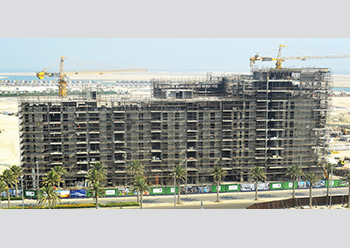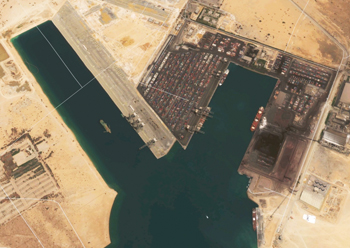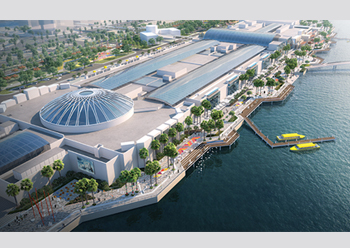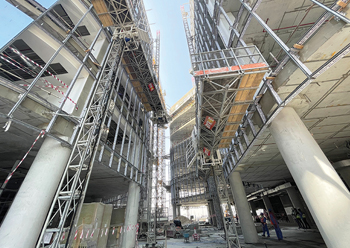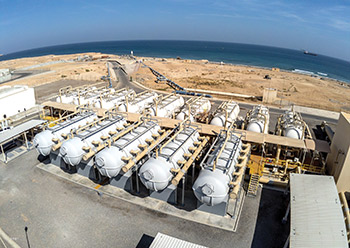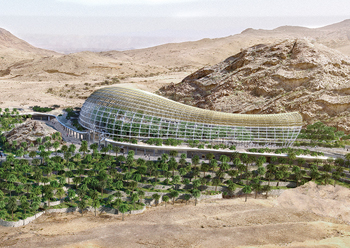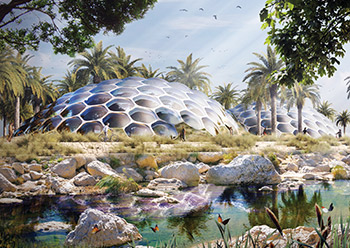
 The 1,600-hectare development is designed to promote health, wellbeing and biodiversity.
The 1,600-hectare development is designed to promote health, wellbeing and biodiversity.
URB, a global leader in developing sustainable cities, has unveiled the designs for XZero City, a proposed sustainable community that aims to provide a net zero carbon lifestyle for 100,000 residents in Kuwait.
Claimed to be the world’s largest net zero community, the 1,600-hectare development is planned for the southern region of Kuwait to provide 30,000 residential units, as well as 30,000 jobs, which will be created in various hubs such as medical, tourism, technology, educational, retail and entertainment, said URB.
The green-tech hub, masterplanned by URB, will promote a collaborative innovative environment in the food, energy, water and waste technology sectors.
XZero will promote sustainable tourism through its eco-friendly hospitality assets, including a five-star eco resort and eco lodges. Edutainment attractions such as a utility park and nature conservation centre will transform the city into a unique visitor attraction. The medical hub will host an autism village, wellness centre and clinics. The educational hub will feature a nursery, school and an institute. The commercial hub will include indoor mall and flexible office spaces. The project aims to provide the highest standards of social, environmental and economic sustainability.
The masterplan was designed using passive design strategies, as well as green and blue infrastructure, to create a sustainable development which requires the least financial investment whilst providing the highest environmental gain, according to URB.
On the mega project, CEO Baharash Bagherian said the XZero will set a new benchmark for future cities: “It is a new paradigm in green urban living and a new benchmark model for the next generation of sustainable cities. As a self-sufficient city, XZero will provide all the residents’ food intake on site through its productive landscape. The city incorporates many different urban farming methods such as community gardens, bio domes, aquaponics, vertical farms and biosaline agriculture.”
“The city will also harvest all the renewable energy needs locally whilst also recycling its waste and water on site. The creation of cities that follow the highest standards of sustainability is no longer a choice, it has become a necessity,” he added.
URB pointed out that the project has a unique resilient landscape, designed to promote health, wellbeing and biodiversity. The multifunctional landscape connect residents to all amenities within minutes through its 44 km of dedicated green mobility tracks.







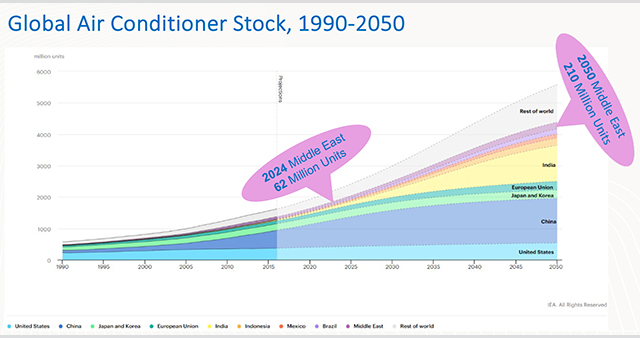






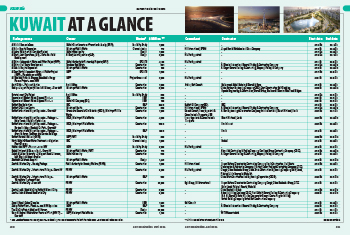






_0001.jpg)


.jpg)




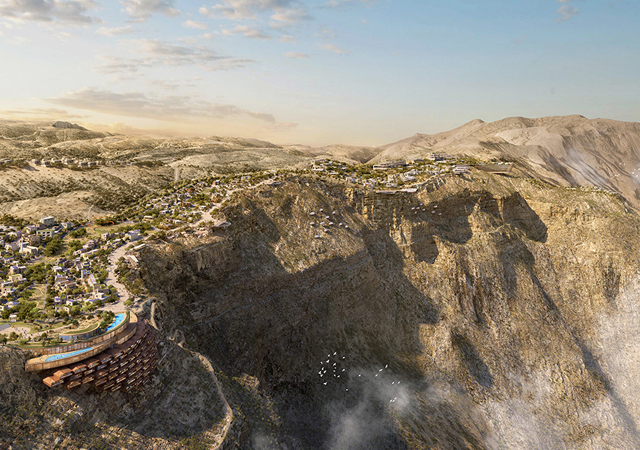











.jpg)








.jpg)



